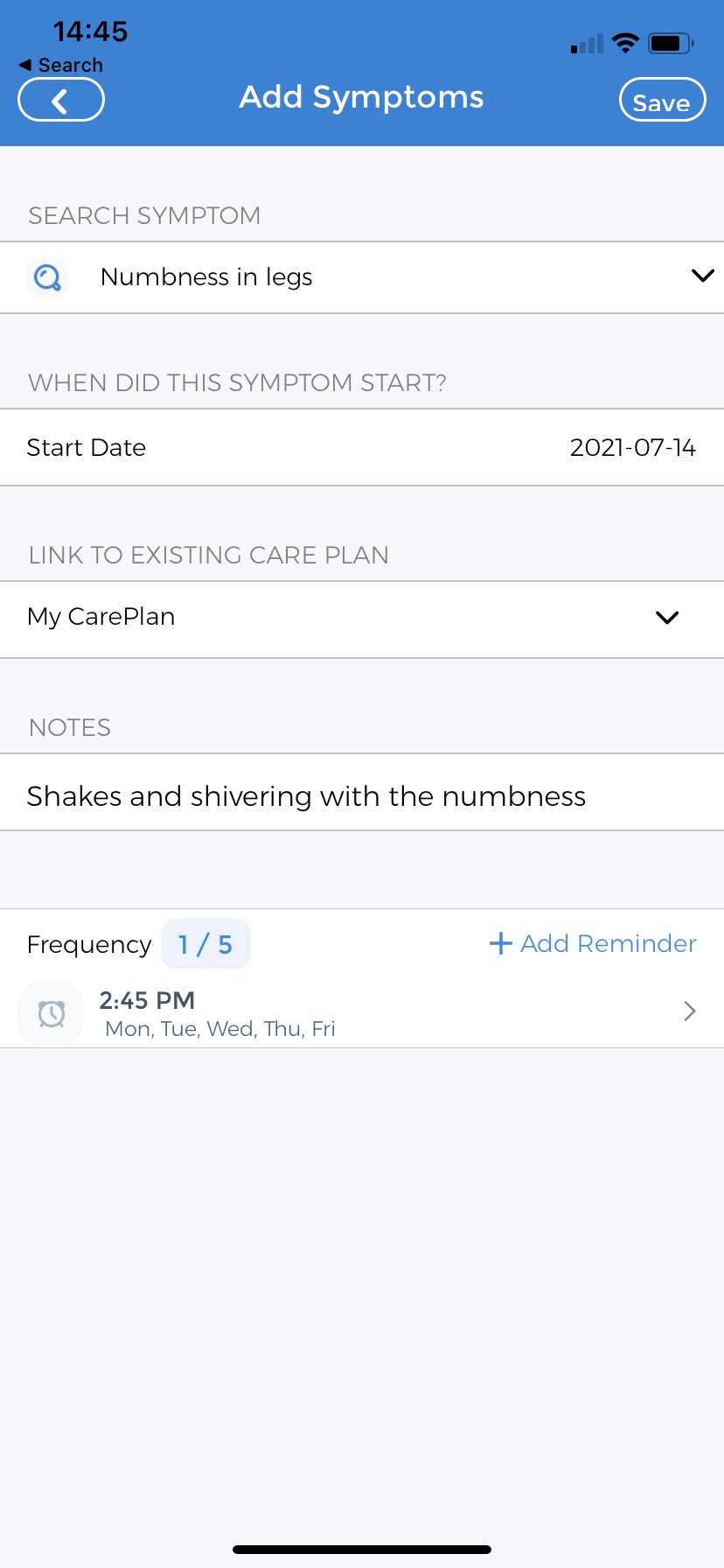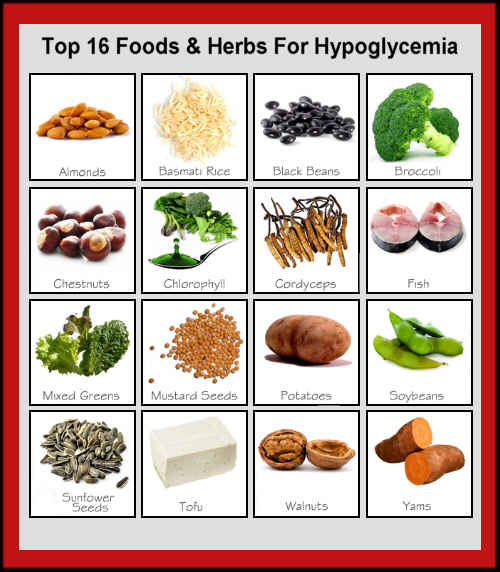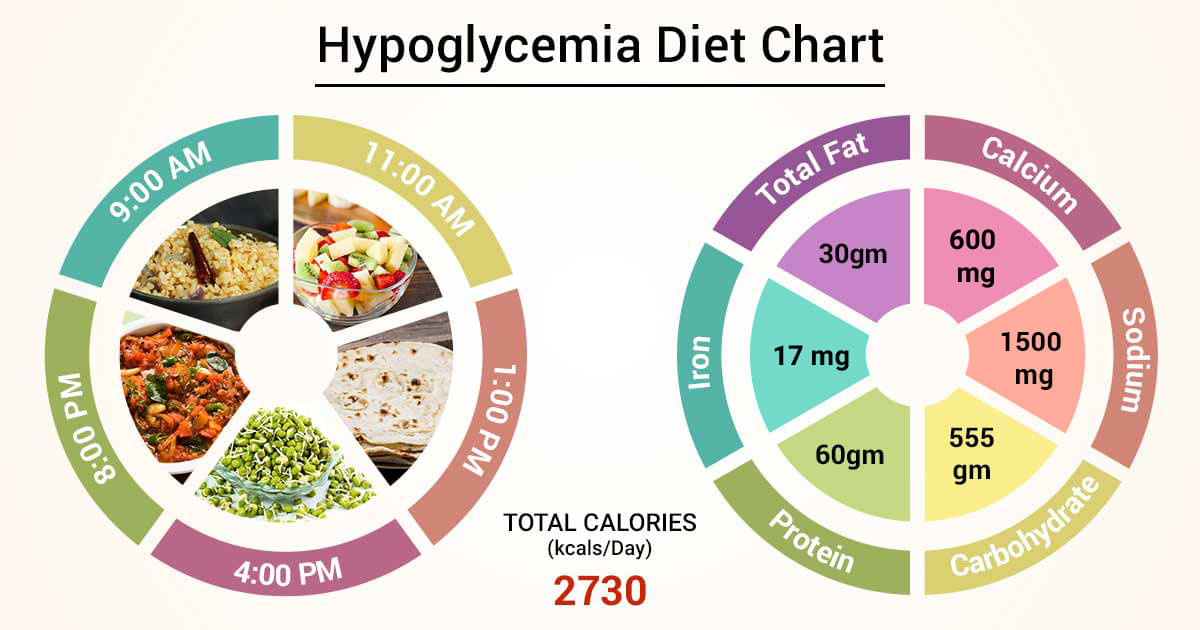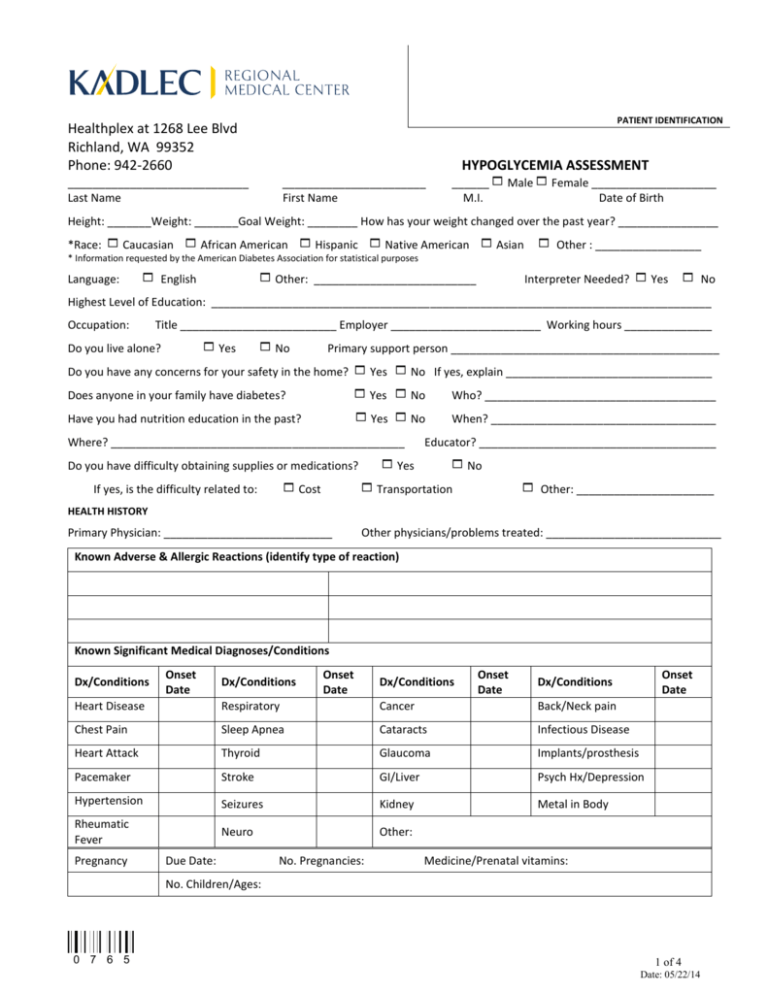Perfect Tips About How To Avoid Hypoglycemia

Check your blood sugar often when lows are more likely, such as when the weather is.
How to avoid hypoglycemia. Preventing recurrent hypoglycemia requires your health care provider to identify the condition causing hypoglycemia and treat it. It can happen for several reasons, including diet, some medications. Treatment may include easily digestible carbs, medication, or.
What foods should i eat or avoid for hypoglycemia? The fastest way to combat an episode of hypoglycemia is by eating or drinking roughly 15 grams of carbohydrates right away. Eat small meals every 3 to 4 hours throughout the day, rather than 3 large meals per day.
To prevent hypoglycemia, much effort must be invested in patient education regarding risk factors, warning signs, and treatment of hypoglycemia at an early stage, together with setting personalized goals for glycemic control. If you have diabetes, then you will know that certain foods. If you still do not feel better, call your doctor.
Diabetic hypoglycemia occurs when someone with diabetes doesn't have enough sugar (glucose) in his or her blood. If your blood sugar is still below 70 mg/dl, eat another 15 grams of fast acting carbohydrate food. You should avoid eating a carb with lots of fiber, such as beans or lentils, or a carb that also has fat, such as chocolate.
For recurring episodes of hypoglycemia, eating frequent small meals throughout the day is a stopgap measure to help prevent blood sugar levels from getting too low. Avoid foods high in saturated fats or trans fats. Depending on the cause, treatment may involve:
Your body uses blood sugar, called glucose, as a source of energy for cells and organs. Choose foods with a low glycemic index score. In this case you may be able to take lunch slightly earlier or have a small snack before lunch.
Find out about low blood sugar (hypoglycaemia), including what the symptoms are, the causes, how to treat it and how to prevent it. Preventing hypoglycemia in children depends on the cause. Pure glucose — available in tablets, gels and other forms — is the preferred treatment.
Preventive methods often involve a combination of lifestyle and dietary measures. Low blood sugar, also called hypoglycemia, happens when your body doesn’t. Hypoglycemia occurs when your blood sugar (glucose) levels fall below what is considered normal.
Educate people you spend time with about hypoglycemia and severe hypoglycemia, and how they can help you if you experience an. Hypoglycemia is a conditionthat occurs when the level of glucose in the blood drops below normal levels. Steps you can take to prevent severe hypoglycemia include:
1 cup (8 oz.)nonfat milk. Preventing hypos at similar times of day.


:max_bytes(150000):strip_icc()/hypoglycemia-treatment-1087541_final-9a3d1e1f3dc74e8098dbd1549b93faec.jpg)












/hypoglycemia-causes-risk-factors-1087616-V1-b35604db5fdd44868fb5598d97df7855.jpg)


